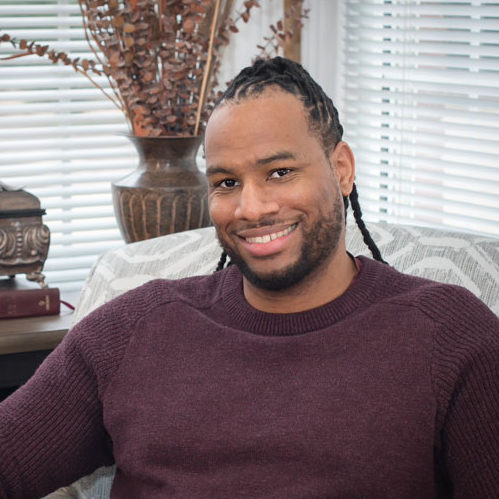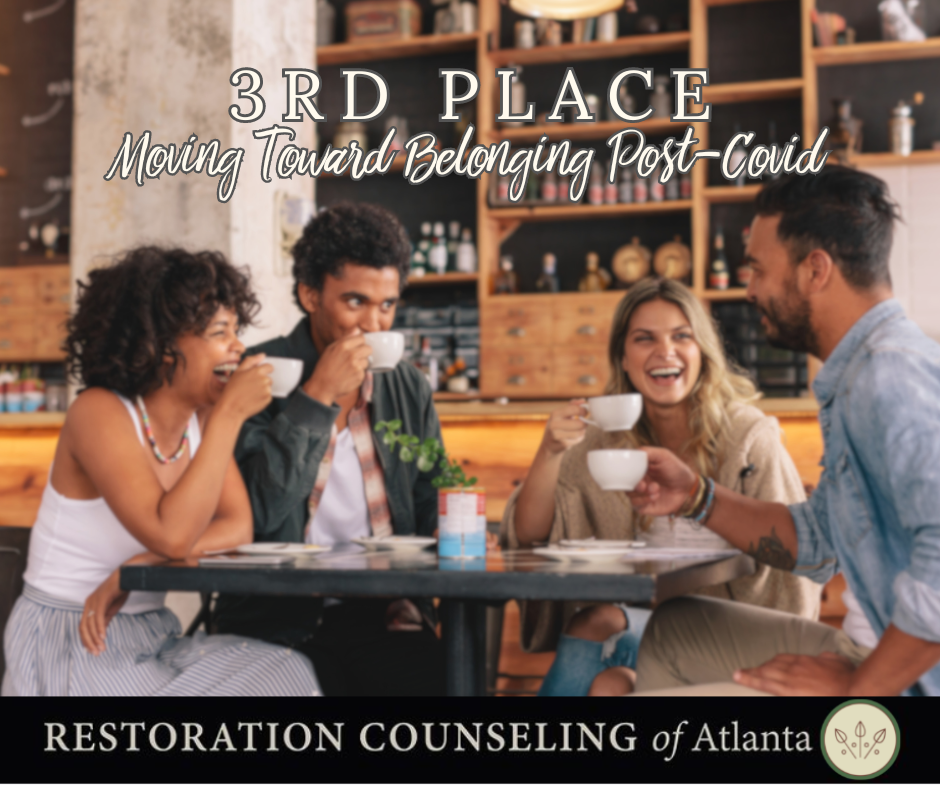Before 2020, one of the things I enjoyed the most was meeting up with friends at a fast food spot to catch up and share stories. That all changed when the COVID-19 pandemic caused a shutdown that revealed or created an unprecedented disconnection from my loved ones.
There was no unshaken part of our lives during and after 2020.
Each person has a story of loss. The isolation the vast majority of the population felt during the shutdown has an effect we might not have overcome presently.
This article will discuss the impact of isolation and the loss of the 3rd place or the 3rd space.
Defining the 3rd Place
When I say third place, imagine people have their home as their first place, essentially to eat and sleep. Work or school is recognized as the second space, primarily to earn a wage or an education. Next, we have the third place. The third place is a social hub where we may go to feel a sense of belonging. This hub can be a church, library, café, interest club, or organization.
Sociologist Ray Oldenburg, author of The Great Good Place, coined the term “third place” in 1989.[1] Oldenburg imagined a public place where we could go frequently to relax that is also inexpensive and enjoyable.[2] Picture doing a weekly Bible study at McDonald’s or an international student club on a college campus.
Moving Toward Belonging or Isolation
If you can, imagine a spectrum where we have a sense of belonging on one side and isolation on the other. Every day, we move toward one or the other.
On Maslow’s hierarchy of needs following food, shelter, survival, and other physiological needs, we find safety (well-being). The subsequent level consists of love and belonging (encompasses human interaction, friendships, and bonds).[3]
When these needs are met, we feel good, are better able to regulate our emotions, and can operate rationally or seek out what or who we need to gain a sense of stability. 3rd spaces provide an environment for the satisfaction of these needs. They move us more toward belonging.
Third places were once part of the community’s building blocks.[4] Consider a town hall meeting or remember New York block parties, places to mix, mingle, and socialize freely.
Isolation Exacerbates Distress
During the shutdown, there was mass isolation or separation from each other. When a person is isolated, there is a higher likelihood of being more distressed. Additionally, isolation often decreases emotional regulation, resulting in a lack of prioritizing the relationships we need the most.
Isolation does not usually cause distress, but it exacerbates any present stress. When COVID caused most means of entertainment, the government, and a majority of 3rd spaces to close down, hundreds and thousands of people were left alone with their thoughts and stresses.
When we experience distress, we have a few choices: either we deal with and make sense of our circumstances or mask the experience and run from it.
One of our vital needs as humans is co-regulation, which involves another person assisting us in being seen, soothed, safe, and secure.
The desire for safety and connection from caretakers is present from infancy. When a sense of safety is realized, it helps a dysregulated child return to a calm state. As we age, our hearts desire to live in a calm state.
Co-regulation is a vital ingredient when seeking a 3rd space.
Yet, the 3rd space was absent for so many during the pandemic.
Intentional Pursuit of a 3rd Place
When searching to create or find an existing 3rd place, I want to remind you that the intention is to participate in a space where you do not have to be responsible for anything. There should not be a sense of urgency or a need for task completion.
Therefore, there are a few characteristics you want to look for in a 3rd place:
- It offers rest & relaxation.
- It should be an environment that is welcoming.
- All that is required is showing up.
- There is social interaction.
- There is an opportunity to share & to listen to others.
If you do not have a 3rd space, here are some tips to creating one:
- Go to your local library and see if any community events pique your interest. Also, converse with the librarians and engage in dialogue.
- If you have coworkers you enjoy, seek to get to know them outside of the work environment.
- If your first and second places are combined, such as working from home, you should strive to create a physical 3rd space.
- If you are a parent or caretaker of a child, try to find a welcoming place, such as a park or community center, where you can socialize with others.
- Join a gym—not just for the exercise but maybe for a class that offers an opportunity to socialize and connect with others.
- If you attend a church, get involved. Seek to get to know others around you or join a small group.
- Church is a great 3rd space. However, if you are too busy to enjoy the presence of God or the relationships around you, you have to see what you can adjust so that resting on the Sabbath is the focus.
- Join a book club, interest group, or therapeutic group. Facebook groups are one resource.
Challenge: If you have one or a few 3rd spaces, can you be aware of others who might not have 3rd spaces and invite them to connect with you?
Conclusion
The need to belong is fundamental to our humanity. We were created for community by God (who lives in an eternal community). We must connect meaningfully with each other. Finding and sharing 3rd spaces provides several benefits that will help an individual move away from isolation and toward belonging post-pandemic.
References
- Ray Oldenburg, The Great Good Place: cafés, coffee shops, bookstores, bars, hair salons, and other hangouts at the heart of a community. 1989. Da Capo Press, New York.
- https://www.thegoodtrade.com/features/third-place-community-spaces/
- https://www.wichita.edu/services/mrc/OIR/Pedagogy/Theories/maslow.php
- https://www.brookings.edu/articles/third-places-as-community-builders/#:~:text=Third%20places%20is%20a%20term,good%20time%2C%20and%20build%20relationships.

Written by James E. Francis, Jr., EdD, APC
james@restorationcounselingatl.com, ext 118
James has a heart for helping males struggling with anxiety, anger, depression, life transitions, resilience, and spiritual maturity. He also sees clients dealing with grief, infidelity, and pornography addiction. He has experience in marriage counseling and premarital counseling. James keeps it real, believes in second chances, and loves to meet others where they are.

